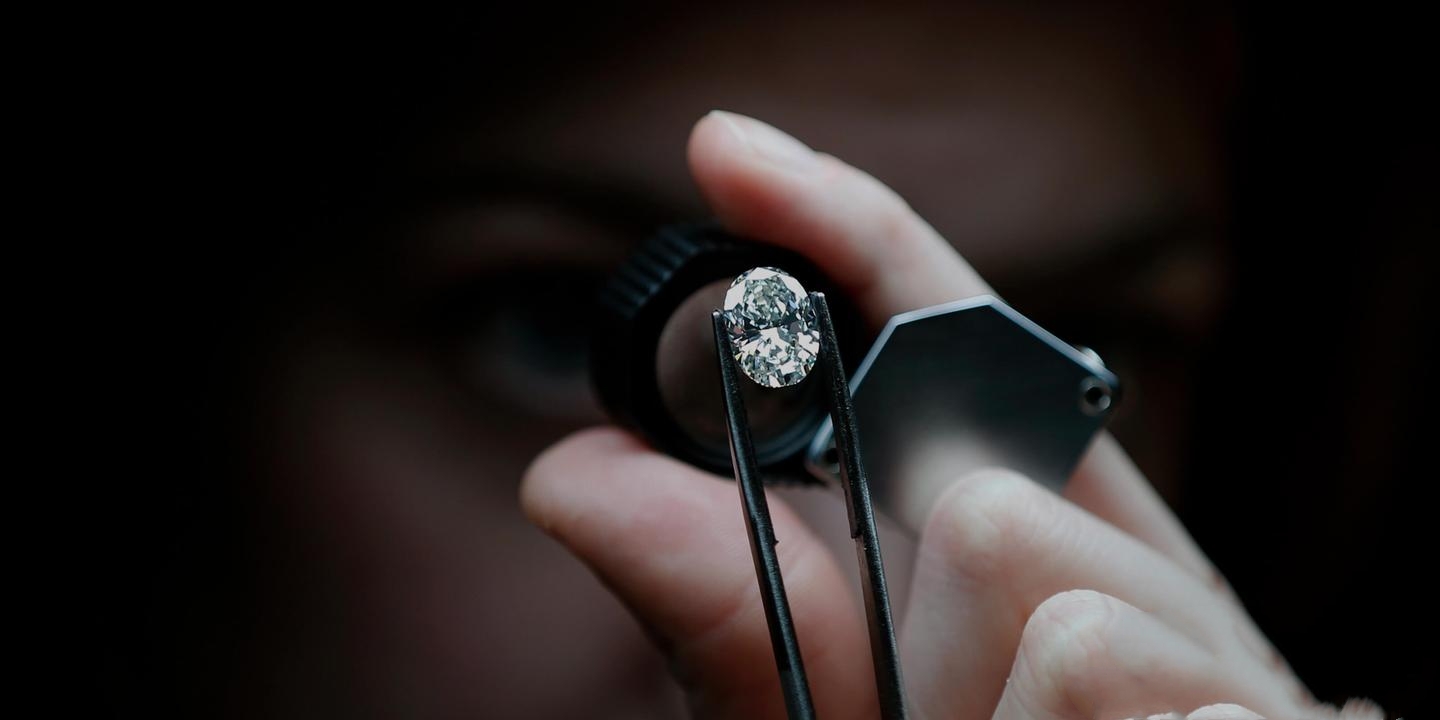In today’s economic landscape, accessing quick and reliable financial solutions is crucial. For many, jewellery holds not just sentimental value but also significant financial potential. Loans against jewellery have emerged as a popular choice for individuals seeking immediate funds without the hassle of traditional bank loans. This comprehensive guide explores everything you need to know about loans against jewellery, from eligibility criteria to benefits and risks.
Understanding Loans Against Jewellery
Loans against jewellery, also known as gold loans or pawn loans, involve using your jewellery as collateral to secure a loan from a lender. The value of the loan typically depends on the appraised value of the jewellery provided. This type of loan is appealing for its simplicity and speed of processing, making it a viable option for urgent financial needs.
Eligibility Criteria
To qualify for a loan against jewellery, lenders usually require proof of ownership and appraisal of the jewellery’s value. While requirements may vary between lenders, the general eligibility criteria often include:
- Proof of identity and residence
- Original jewellery documents or receipts
- Assessment of jewellery purity and weight
Advantages of Loans Against Jewellery
1. Quick Disbursement:
Unlike traditional loans that may take weeks to process, loans against jewellery are often disbursed within hours. This speed is particularly advantageous during emergencies.
2. No Credit Checks:
Since the loan is secured against collateral (the jewellery), lenders typically do not perform extensive credit checks. This makes it accessible to individuals with poor or no credit history gold buyers.
3. Lower Interest Rates:
Compared to unsecured loans or credit cards, loans against jewellery generally have lower interest rates due to the collateral provided, making them a cost-effective borrowing option.
4. Retention of Ownership:
While the jewellery serves as collateral, borrowers retain ownership of their items throughout the loan period. Once the loan is repaid in full, the jewellery is returned without any damage.
Risks to Consider
1. Risk of Loss:
If the borrower defaults on the loan, the lender has the right to sell the jewellery to recover the loan amount. It’s crucial to borrow responsibly and ensure repayment to avoid losing valuable possessions.
2. Appraisal Discrepancies:
The appraisal of jewellery can vary between lenders, impacting the loan amount offered. Borrowers should choose reputable lenders and understand the valuation process to secure fair terms.
3. Interest Accrual:
Failure to repay the loan within the agreed-upon timeframe can result in additional interest and fees. It’s essential to have a repayment plan in place to avoid unnecessary costs.
Conclusion
Loans against jewellery provide a flexible and accessible financial solution for individuals in need of immediate funds. By leveraging the value of their jewellery, borrowers can overcome short-term financial challenges without compromising long-term financial stability. However, it’s essential to weigh the benefits and risks carefully before opting for this type of loan to make an informed decision.
Whether you’re facing unexpected expenses or planning for future financial goals, loans against jewellery offer a valuable alternative to traditional borrowing methods. Consider your financial needs and jewellery assets carefully to determine if this option aligns with your objectives.






